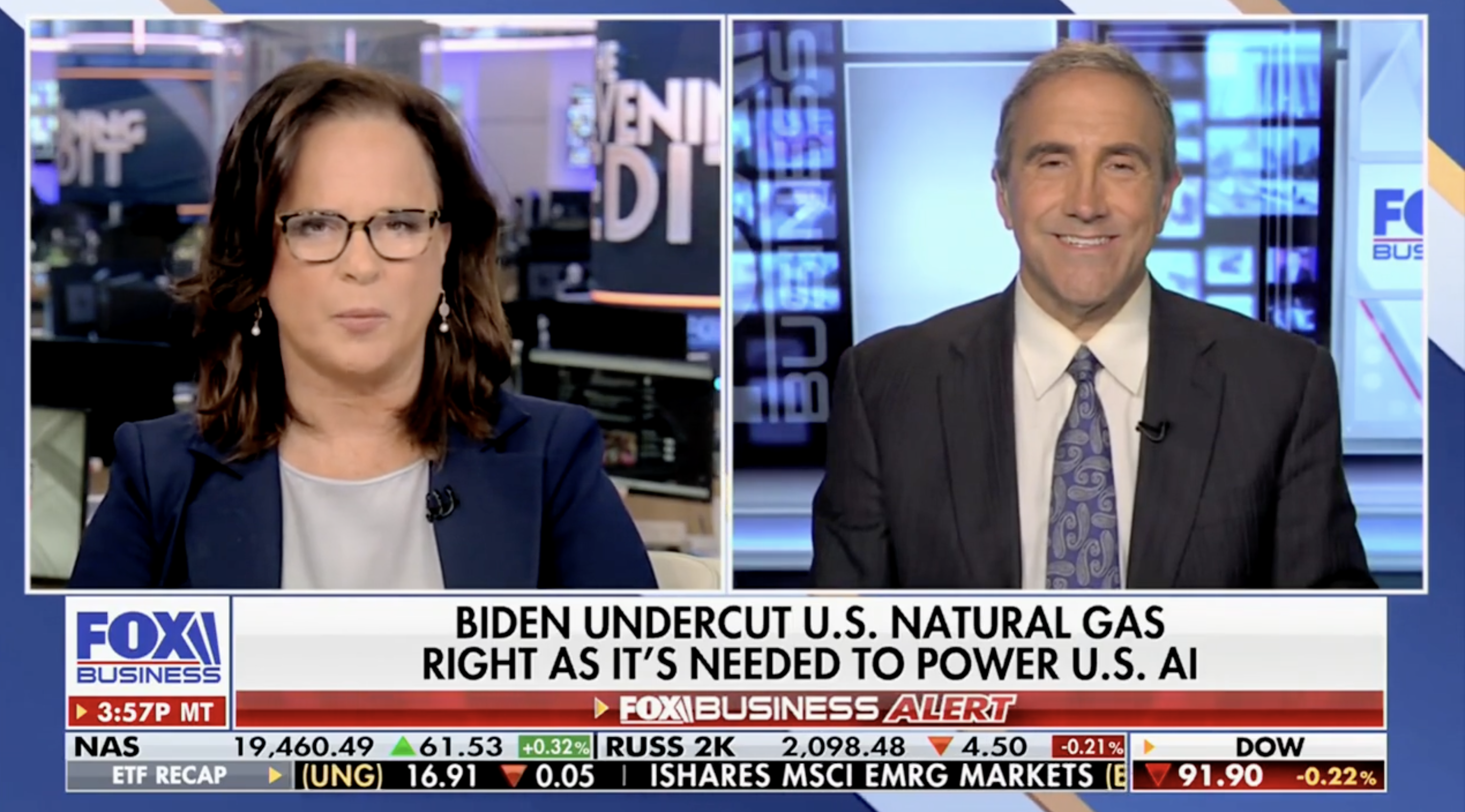https://www.nationalreview.com/corner/climate-homicide-is-a-new-front-for-ridiculous-lawfare/
There is a huge difference between a society under the rule of law and a society under the rule of lawyers. The rule of law treats law as a product of legitimate, deliberate democratic acts, which remains stable, predictable, written down for all to know until changed by another such act of the people. As George Washington described in his farewell address, “The Constitution which at any time exists, till changed by an explicit and authentic act of the whole people, is sacredly obligatory upon all.” The rule of lawyers, by contrast, sees law as an invitation for creativity by a small coterie of legal elites who can make it the vanguard for social change without consulting the governed.
Nothing in the history of Anglo-American law allows a chain of causation this attenuated to masquerade as proximate causation of particular injuries. It’s an insult to the memory of Rube Goldberg. The complaint asserts that these oil companies’ “willful and deceitful campaign has influenced the public’s purchasing and investment decisions for decades, driving increased demand for fossil fuels,” and “has also reduced demand for and investment in clean energy, thereby delaying the clean energy transition.” That’s a lot of intervening decisions by other people, companies, governments, and electorates. These oil companies are big, but are they big enough by themselves to change the climate of the entire planet? Are they, and not the end users of their products, responsible for emissions by end users’ cars, trucks, and factories? The complaint asserts claims for wrongful death, public nuisance, and products liability under Washington State law. The theory of product liability — which blames the makers of fuel for everything powered by that fuel — is that “these products have never been safe because their intended use or foreseeable misuse creates a risk of catastrophic harm to the climate and humankind.”
David Gelles of the New York Times finds a “former federal prosecutor” willing to endorse this, which is yet another reminder that “former federal prosecutor” just isn’t the pedigree of sound judgment that it was some decades ago: “There’s a reasonable framework for a complaint,” said Cindy Cho, a former federal prosecutor who now teaches law at Indiana University Bloomington and is not involved in the case. “You have a chain of causation, and yes, you have to back it up with that evidence. But the allegations, taken at face value, are reasonable.” Can billions of people sue these companies out of existence without laying a glove on Chinese or Russian industry? Before adopting such a wacky scheme with such vast consequences, the least a democratic society can ask is that the people’s representatives ratify it. Moreover, there are grave First Amendment issues in the complaint’s demand that the defendants be compelled to engage in “a public education campaign to rectify Defendants’ decades of misinformation.”


